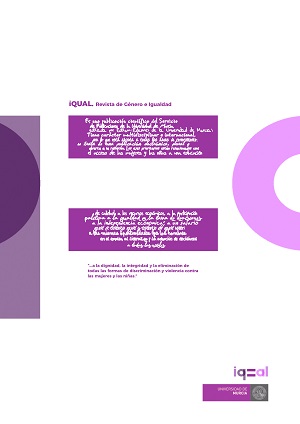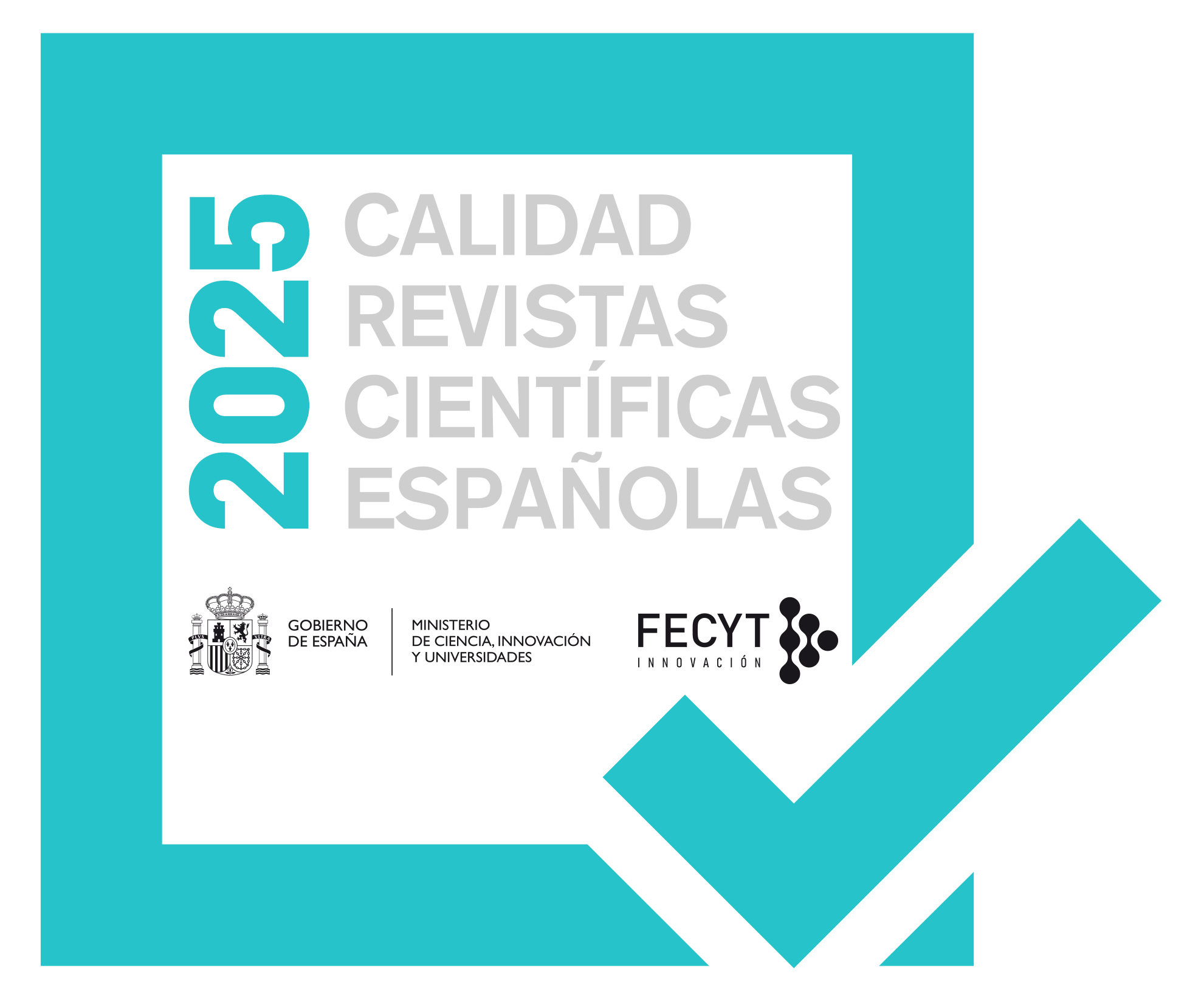Una voce femminile al vaglio dell'etica dell'autotraduzione assistita: Il paese dove non si muore mai di Ornela Vorpsi
Abstract
Riassunto Nel saggio si pone il problema della valutazione dell'autotraduzione in una prospettiva che analizza le molle che nel profondo muovono un testo letterario. Si analizza l'autotraduzione assistita del romanzo breve di Ornela Vorpsi Il paese dove non si muore mai dal francese all'italiano prendendo in considerazione la presenza di marche di genere in passi in cui siano presenti oggetti; la questione di genere percorre tutto il testo e quindi appare interessante verificare come questa si cristallizzi in significanti apparentemente poco permeabili alla modulazione denotativa e connotativa. Si giungerà alla conclusione che l'analisi dell'autotraduzione assistita può esser strumento valido per la definizione del grado di coerenza delle strutture profonde di un testo tanto più importante se la tematica è centrata sulla questione di genere.
Abstract This article approaches the problem of how to evaluate the significance of the critical feminist instances on an assisted self-translation text by applying the contrastive analysis method. The analysed work is O. Vorpsi novel Il paese dove non si muore mai, which has been translated from Italian to French by M. Pozzoli, with the author’s collaboration. The main aspect which will be analysed is the to investigate the presence of gender marks in passages which mention objects – informative and at the same time formative elements of the text-, since the gender issue crystallize in a particular way also in signifiers of an apparently low permeability to the connotative modulation, as it is the case for those signifiers related to objects. By contrasting the oscillations between the two texts, we will emphasize on the possible contradictions in the text’s deep-lying structure. In this way, through the assisted self-translation analysis it can be measured to what extent the intended critical instances regarding the gender issue which are present throughout the novel are coherent and valid.
Keywords self-translation, gender, connotation and deep structure, objects, Ornela Vorpsi.Downloads
-
Abstract607
-
PDF 534
References
Bachmann-Medick Doris, Cultural Turns, Amburgo, Rowohlt, 32009.
Baker Mona, (a cura di) Routledge Encyclopedia of Translation Studies, Londra, Routledge, 1998.
Borek Johanna, „Der Übersetzer ist weiblich und damit unsichtbar. Übersetzen als ein Herrschaftsverhältnis, unter anderen“, in Quo vadis Romania?, 7, 1998, pp. 27–33.
Courtés Joseph, Analyse sémiotique du discours, Parigi, Hachette, 1991.
Guldin Rainer, „Exploring Flusser’s Multilingual Writing-Practice“,in Das Spiel mit der Übersetzung, a cura di R. Guldin, Tubinga, Francke, 2004.
Hokenson Jan Walsh e Munson Marcela, The bilingual Text. History and Theory of Literary Self-Translation, Londra, Routledge, 2007.
Kappeler Annette, Berliner Kindheit - Enfance berlinoise. Verfahren einer Selbstübersetzung Benjamins, Wien, 2008.
Mayanja Shaban “Pthwoh” Geschichte, bleibe ein Zwerg, während ich wachse”. Untersuchungen zum Problem der Übersetzungen afrikanischer Literatur ins Deutsche, Hannover, Revonnah, 1999
Munday Jeremy, Introducing Translation Studies, Londra, Routledge, 2001.
Orlando Francesco, Gli oggetti desueti nelle immagini della letteratura, Torino, Einaudi, 21994.
Ricoeur Paul, Sur la traduction, Bayard, Parigi, 2004.
Vorpsi Ornela, “Lenzuolo bianco” in AAVV, Ti racconto una cosa di me. Scritture e fotografie da collezioni private, s.l., ma Palermo, Edizioni di passaggio, 2012, pp. 22-23.
Vorpsi Ornela, Il paese dove non si muore mai, Torino, Einaudi, 2006.
Vorpsi Ornela, Le pais où l’on ne meurt jamais, trad. di Pozzoli Marguerite con la collaborazione dell’autrice, Arles, Actes Sud, 2004.









